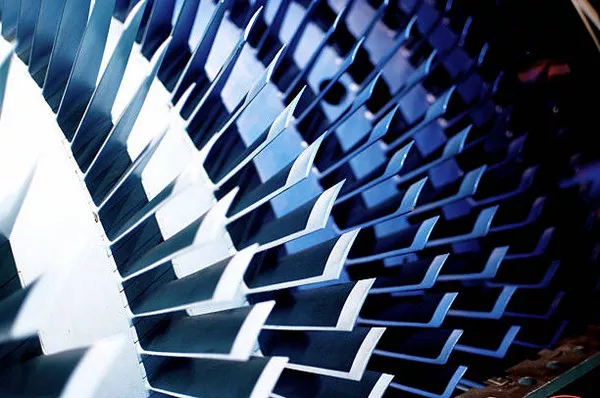Maintaining a comfortable indoor environment is essential, especially in regions with extreme temperatures. The air conditioner (AC) plays a crucial role in achieving this comfort, and the AC compressor is a vital component responsible for the system’s cooling efficiency. Over time, AC compressors may wear out or fail, necessitating replacement. In this article, we will delve into the factors influencing the cost of replacing an AC compressor and provide insights into what consumers can expect in terms of expenses.
Factors Influencing AC Compressor Replacement Costs
Type of Compressor: The type of AC compressor in your system significantly influences replacement costs. There are two main types: reciprocating compressors and scroll compressors. Reciprocating compressors are generally more affordable to replace, while scroll compressors, being more advanced, often come with a higher price tag.
Refrigerant Type: The refrigerant used in your AC system is another factor affecting replacement costs. Older systems using R-22 refrigerant, which is being phased out due to environmental concerns, may incur higher costs for replacement since R-22 is becoming increasingly scarce and expensive. Newer systems using environmentally friendly refrigerants like R-410A may have lower replacement costs.
System Size: The size of your AC system is a critical factor. Larger systems, which typically require more powerful compressors, tend to cost more to replace. Conversely, smaller residential units often have smaller and more affordable compressors.
Labor Costs: The labor involved in replacing an AC compressor is a significant portion of the overall cost. Labor costs can vary based on the complexity of the job, accessibility of the compressor, and the HVAC technician’s experience and expertise. In some cases, labor costs may even surpass the cost of the compressor itself.
Warranty Coverage: If your AC system is still under warranty, the manufacturer may cover some or all of the replacement costs. However, warranties often have limitations and may only cover certain components or specific circumstances. It’s essential to check the warranty terms before assuming coverage.
System Age: The age of your AC system is a critical factor influencing replacement costs. Older systems may require more labor-intensive work, and finding compatible replacement parts could be challenging, potentially increasing the overall expense.
Additional Repairs: Sometimes, a failing compressor may cause damage to other components in the system. In such cases, additional repairs may be necessary, adding to the overall replacement costs. A thorough inspection by a qualified HVAC technician can identify any secondary issues that need attention.
Brand and Model: The brand and model of your AC system also play a role in determining replacement costs. Premium brands or models with advanced features may have more expensive compressors, contributing to higher overall expenses.
Estimating Replacement Costs
While it’s challenging to provide a precise figure for AC compressor replacement due to the numerous variables involved, a rough estimate can be given based on industry averages. On average, homeowners can expect to pay anywhere from $800 to $2,500 for AC compressor replacement. This estimate includes the cost of the compressor itself, labor, refrigerant recharge, and any additional repairs that may be necessary.
It’s crucial to obtain quotes from reputable HVAC professionals in your area to get a more accurate assessment tailored to your specific situation. Requesting multiple quotes allows you to compare prices and choose a service provider that offers a fair balance of cost and quality.
See Also: How Does a Compressor Unloader Work?
Tips for Cost Savings
Regular Maintenance: Scheduled maintenance can extend the lifespan of your AC system and reduce the likelihood of compressor failure. Regularly changing air filters, cleaning coils, and having the system inspected by a professional can help identify potential issues before they escalate.
Timely Repairs: Addressing minor issues promptly can prevent them from turning into major problems that require expensive repairs or replacements. If you notice any unusual noises, reduced cooling efficiency, or other signs of AC trouble, don’t hesitate to call a professional.
Explore Financing Options: If the replacement cost is a financial burden, inquire about financing options offered by HVAC service providers. Some companies provide flexible payment plans, allowing you to spread the cost over time.
Conclusion
AC compressor replacement is a significant investment, but it’s a necessary step to ensure the continued functionality and efficiency of your air conditioning system. By understanding the factors influencing replacement costs and taking proactive measures to maintain your AC system, you can make informed decisions to minimize expenses and enjoy a comfortable indoor environment year-round. If you’re faced with a failing AC compressor, consult with qualified HVAC professionals to assess your specific situation and provide accurate cost estimates for the replacement process.

